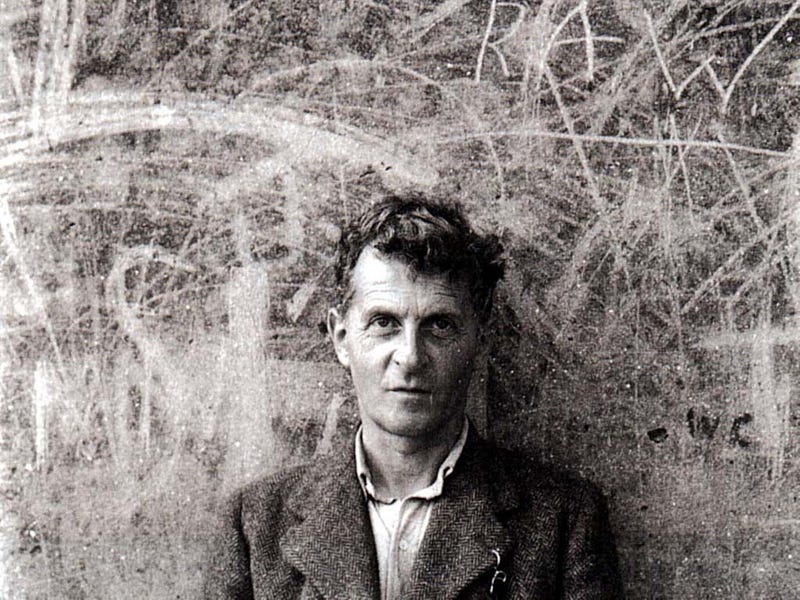Exploring the Intersection of Magic, Philosophy, and Science
Written on
Chapter 1: The Scientific Perspective on Magic
The conventional scientific viewpoint often dismisses magic as a relic of a primitive past, a time when the principles of causality were not fully comprehended. For example, a ritualistic rain dance does not actually bring about rain. Under this causal framework, magic is seen as erroneous, rendering rituals as arbitrary actions.
Yet, is it justifiable to assess magic through this causal lens? Ludwig Wittgenstein, the Austrian philosopher, contended that it is not appropriate. In his work, "Remarks on Frazer’s The Golden Bough," Wittgenstein critiques anthropologist James Frazer for misrepresenting human magical and religious concepts by framing them as errors:

Wittgenstein challenged the historical trend in anthropology to rationalize what were once labeled “irrational beliefs” according to the standards of European reason. He opposed the reductionist approach that sought to categorize other cultural practices as mere mistakes based on historical context.
According to Wittgenstein, magic is not a misjudgment; rather, it is rooted in the fulfillment derived from certain practices. Actions such as ‘burning in effigy’ or ‘kissing a picture of a loved one’ serve a purpose beyond any causal belief. They provide satisfaction simply through the act itself, independent of any expected outcome:
> "We engage in these activities not out of a belief that they will impact the represented object, but simply because they bring us a sense of fulfillment" (Wittgenstein).
Wittgenstein posits that humans are, at their core, "ceremonial beings," as evidenced by rituals such as the recent funeral procession of the Queen.


When observing human behavior worldwide, it becomes clear that aside from basic animalistic actions such as eating, humans also engage in activities characterized by ritualistic significance (Wittgenstein).
Chapter 2: Evola's Affirmation of Wittgenstein
Julius Evola, who labeled himself a magus and was rumored to possess extraordinary powers, resonated with Wittgenstein’s insights. Frank Gelli, who introduced Wittgenstein's critiques to Evola, noted that:
Although Evola had not directly engaged with Wittgenstein's work, he was well-acquainted with Frazer’s writings. Upon learning of Wittgenstein’s dismantling of Frazer’s conception of magic, Evola expressed enthusiasm, stating, "Bravo! Your Wittgenstein may have his linguistic intricacies, but he was entirely correct. Frazer was knowledgeable yet limited; understanding magic transcends mere physical causality."
In 1927, Evola established the UR Group, an esoteric organization that published a three-part work titled "Introduction to Magic," subtitled "A Science of the Self." The term "science" here is not used lightly; it signifies the group’s perspective on magic as a structured practice akin to scientific methodology:
> "This path is a precise, methodical science passed from initiate to initiate, focused not on external phenomena but on the profound energies within human experience. It operates experimentally, mirroring the objectivity found in the exact sciences, predicting consistent outcomes under identical conditions, irrespective of emotions or abstract reasoning" (UR Group).

A "science of the self" emphasizes inner exploration. One of the group's epigraphs states: "Heaven is nothing other than spiritual inwardness," attributed to Guibert of Nogent.
Throughout their writings, the UR Group discusses achieving a "sacred state," often through meditation or heightened concentration. To conclude, here’s a particularly striking description of one such concentration technique:
> "A more refined yet challenging method involves disregarding one’s thoughts, allowing them to fade until they no longer disturb the clarity of spiritual awareness. Suddenly, one feels a profound disintegration of the mental mass, leading to a new depth beneath, where the spirit descends. This experience offers a vertigo of the spirit, overcome only by the realization of the self as an enduring, unyielding, and triumphant essence" (UR Group).